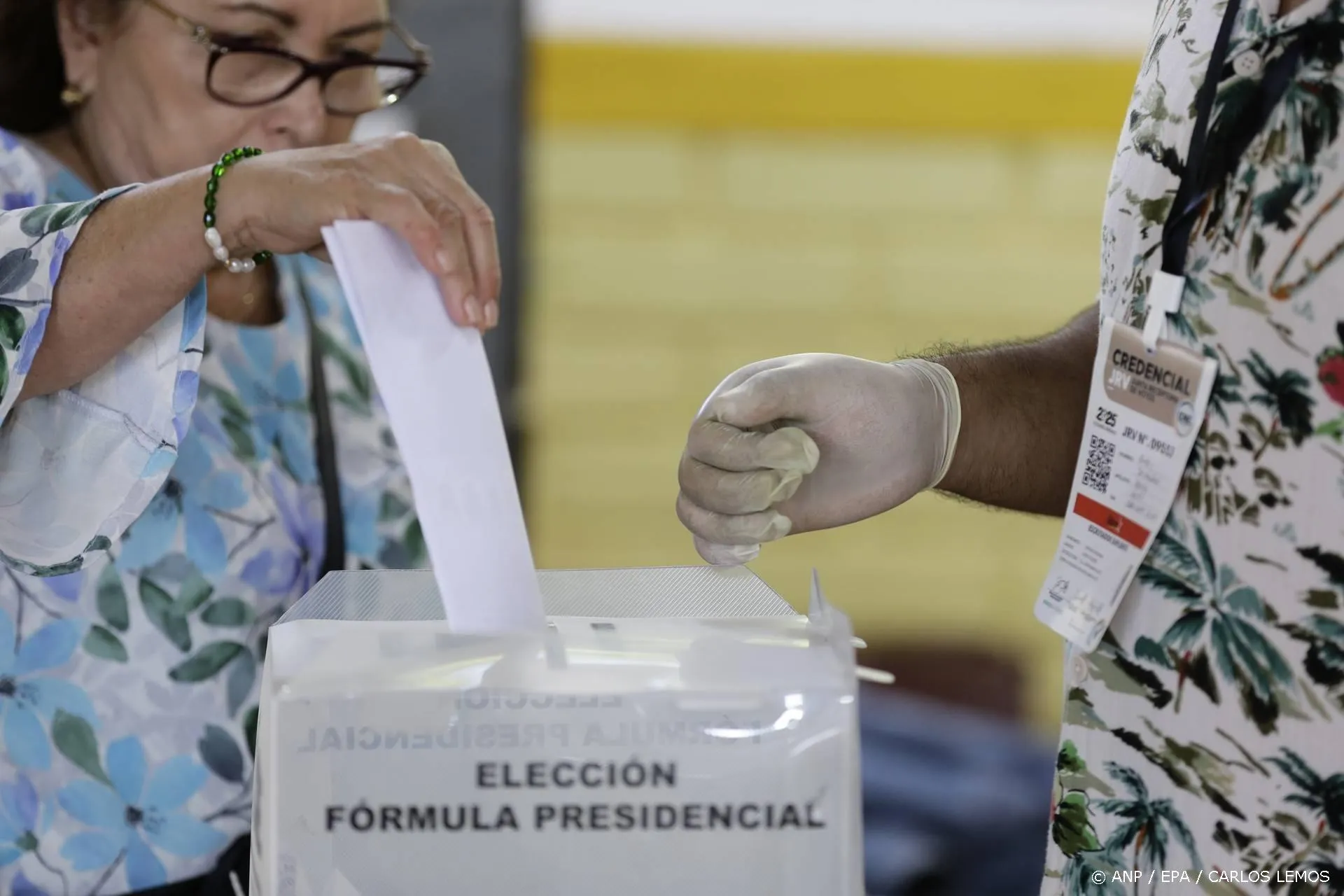Duitse elektriciteitsbedrijven verliezen miljarden door energiebeleid
Megalomane Duitse Energiewende dreigt vast te lopen door gebrek aan geld.
Járenlang hebben critici van de Energiewende gewezen op de nefaste gevolgen van het Duitse energiebeleid, waarbij de Duitse betrouwbare en betaalbare energievoorziening in relatief korte tijd werd getransformeerd in een onbetrouwbaar en onbetaalbaar systeem. Burgers en bedrijven betalen het gelag. Energieintensieve bedrijven trekken weg uit Duitsland, terwijl politieke stupiditeit en halsstarrigheid verhinderen dat het fiasco wordt erkend en de zaak wordt afgeblazen.
Inmiddels heeft er een kapitaalvernietiging van adembenemende omvang plaatsgevonden, zodat ook de financieringsbronnen van de elektriciteitsmaatschappijen, die noodzakelijk zijn om de Energiewende te bekostigen, zijn opgedroogd.
Onder de titel, 'Merkel Losing Allies in $700 Billion Shift to Renewables', schreven Stefan Nicola and Tino Andresen voor Bloomberg Businessweek:
Chancellor Angela Merkel is losing support from her two biggest allies in the utilities industry as their mounting debt prompts a retreat from renewable-power expansion, undermining her $700 billion program to reshape Germanys energy market.
EON SE (EOAN) and RWE AG (RWE) are reducing clean-power spending for the first time since 2009 to cut a combined 69 billion euros ($88 billion) in debt and curb costs. That limits funds for offshore wind energy, the centerpiece of Merkels plan to replace all atomic reactors by 2022 and triple renewables share by 2050.
With consumer power bills increasing and Merkel facing elections in September, Germanys energy policy is rising on the political agenda. The cost of developing wind farms in the North Sea has surged following construction glitches and delays in linking turbines to the grid. The entire energy switch has derailed, Marc Nettelbeck, an analyst at DZ Bank AG, said this week by phone from Frankfurt. The difficulties connecting offshore wind farms to the power grid reduces their profitability and renders the original investment calculations of utilities invalid.
Merkel has sought to spur development of wind farms at sea -- where gusts are typically strong enough to keep turbines generating around the clock -- because most renewable sources cant provide constant, or baseload, power like nuclear plants. The connection setbacks are problematic for baseload power capacity and can lead to the failure or delay of the energy switch, Nettelbeck said. ...
EON, the countrys biggest utility, said last month it will lower clean-energy investments to less than 1 billion euros in 2015 from 1.79 billion euros last year. RWE will cut annual renewables spending in half to about 500 million euros in the next two years. ...
Utilities withdrawal from renewables targets may threaten Germanys goal to have 10,000 megawatts of offshore wind capacity by 2020, two years before the last remaining nuclear plants shut permanently. The government sees offshore wind at 25,000 megawatts by 2030 -- up from about 280 megawatts now --as it implements its 550 billion-euro plan to replace reactors.
The offshore expansion in Germany is much slower than anticipated by politicians, said Marc Oliver Bettzuege, head of Cologne Universitys Energy Economics Institute. Without a focus on wind from financially strong investors such as EON and RWE, Germany will need to import a large amount of clean power to reach its goals, he said.
Lees verder hier hier.
Een onbedoeld neveneffect van de Energiewende is dat de Duitsers in 2012 zo'n 3 miljard euro op hun elektriciteitsexport hebben moeten toeleggen.
Wie gelooft er nog in een goede afloop van de Energiewende? Zoals gebruikelijk in dit soort zaken mogen de opvolgers van Merkel c.s. het puin gaan ruimen.
Voor mijn eerdere DDS-bijdragen zie hier.
Ga verder met lezen
Dit vind je misschien ook leuk
Laat mensen jouw mening weten
Lees ook
Loading


